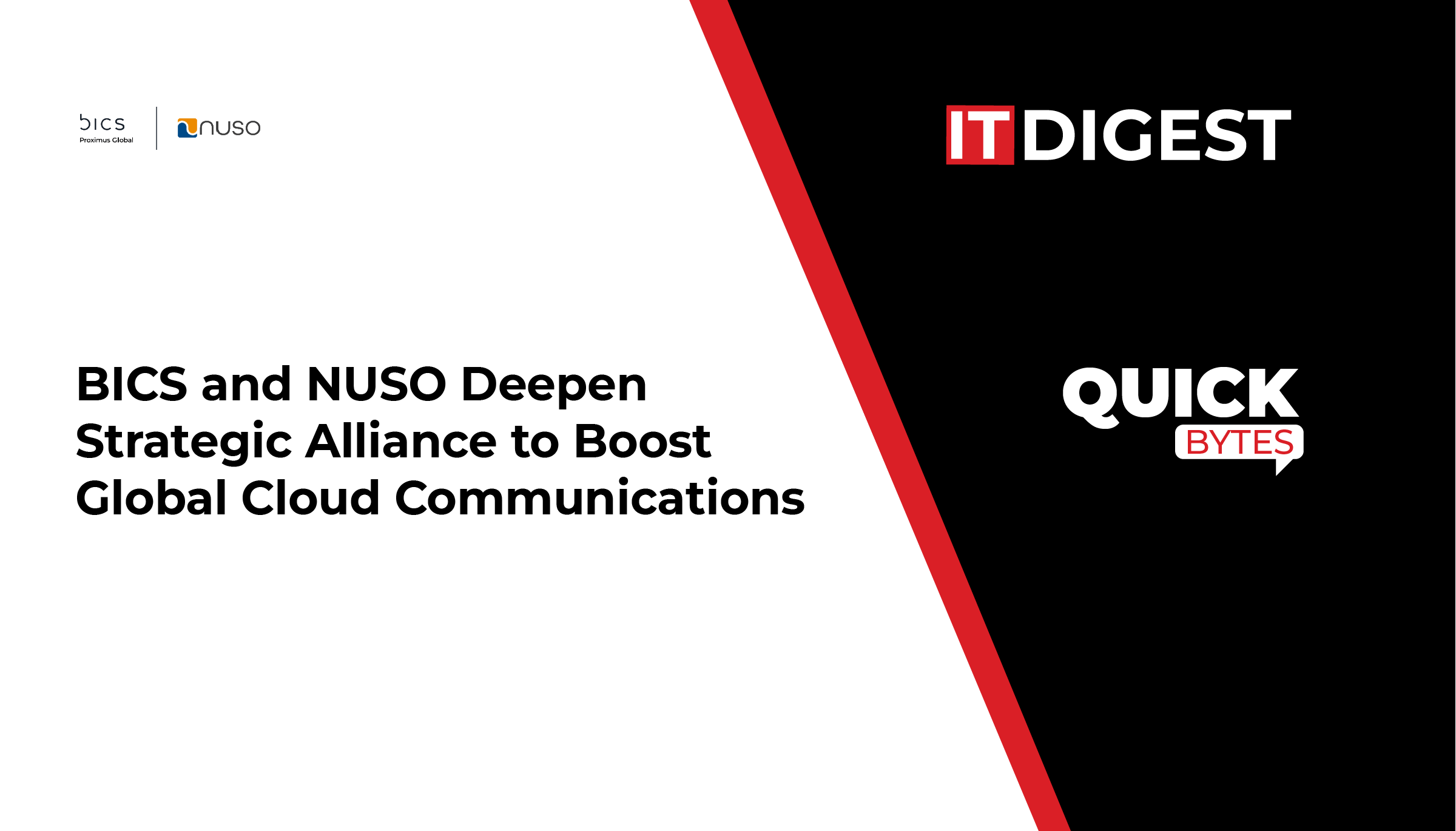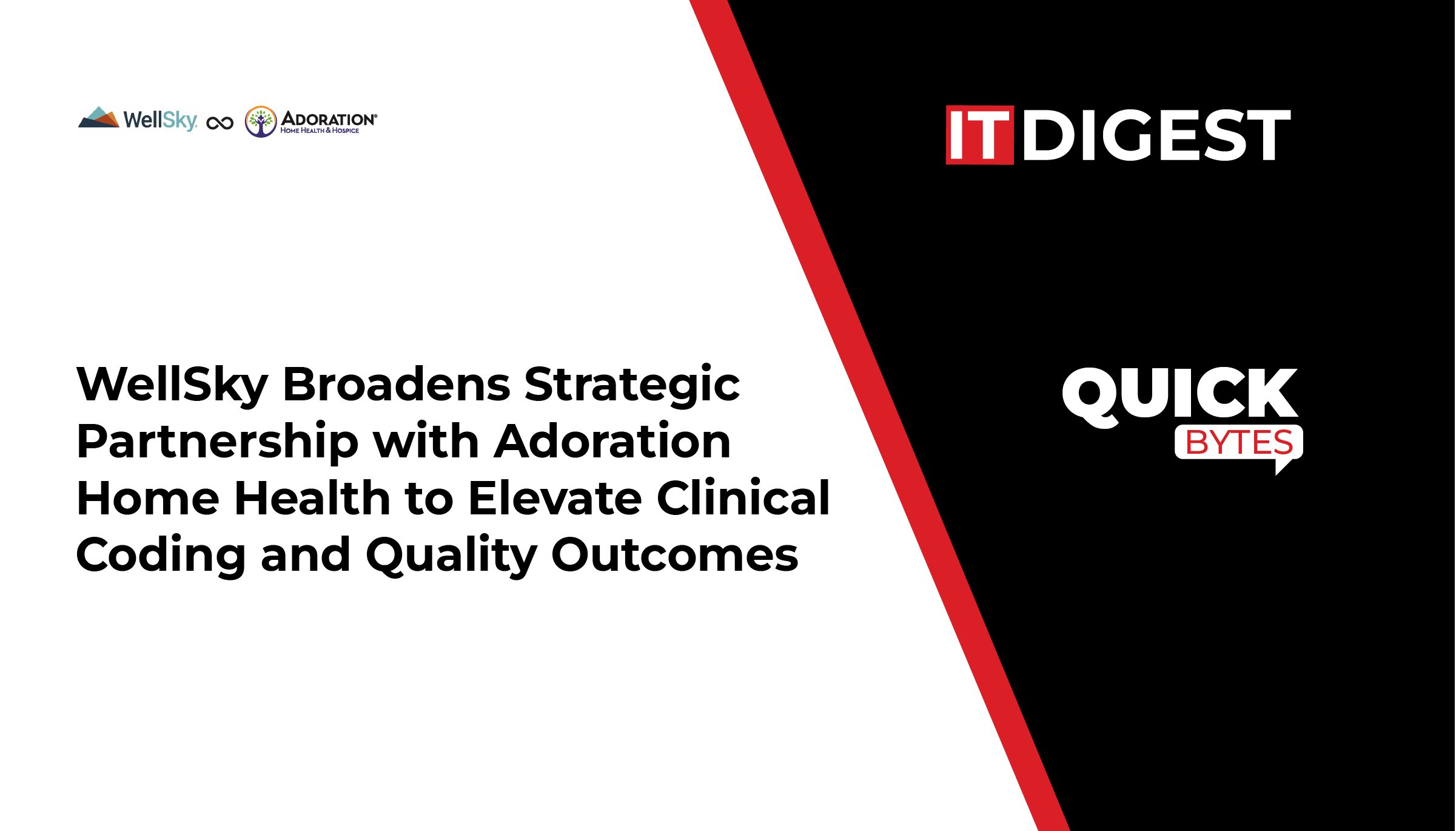Code42 Software, Inc., the leader in data loss and insider threat protection, unveiled its Proactive Risk Identification and Severity Model (PRISM). PRISM further enhances Incydr™ data protection capabilities to prioritize and remediate the full spectrum of data risk.
According to the 2024 Data Exposure Report, insider-driven data incidents have risen by 28% from 2021 to , yet 79% of cybersecurity leaders feel their teams have a shortage of skilled workers to address these threats. These findings demonstrate a clear need for tools that can save analysts time through stronger detection, prioritization, and automated handling of data loss events. PRISM supports security practitioners by automatically assessing event context – a task that would otherwise require analyst involvement – and automating response based on severity through its scoring system.
“The truth about insider-driven data loss is that security analysts spend the majority of their time triaging events that could have been handled through automation,” said Rob Juncker, CTO of Code42. “It’s more important than ever to help overburdened and under-resourced teams focus their attention on truly critical events that require analyst intervention. This takes an intelligent application of the context around an event. We developed PRISM to not only accurately prioritize event severity, but to also ensure practitioners can automate response to a wider range of risks in order to address data loss more comprehensively and with less effort.”
Also Read: Cequence Security Crowned Leader in API Security by Cybersecurity Excellence Awards
Through its PRISM system, Code42 offers a unique approach to data protection that is unparalleled in the market. It does not rely on policies and rulesets, which cause blindspots, nor does it over-prioritize any one piece of context – such as file source – the way some modernized data protection solutions do.
PRISM provides a manageable data protection workload for security analysts. The model analyzes 250+ risk indicators about data, users, and destinations to provide weighted severity scores. The result is an accurate, prioritized look at risk events – with only a fraction of a percent of events on average flagged as “critical” and more likely to require Security team attention. This ensures that security analysts can confidently identify the most important issues, investigate fewer events, and automate response controls to the majority of activity.
SOURCE: GlobeNewswire

































